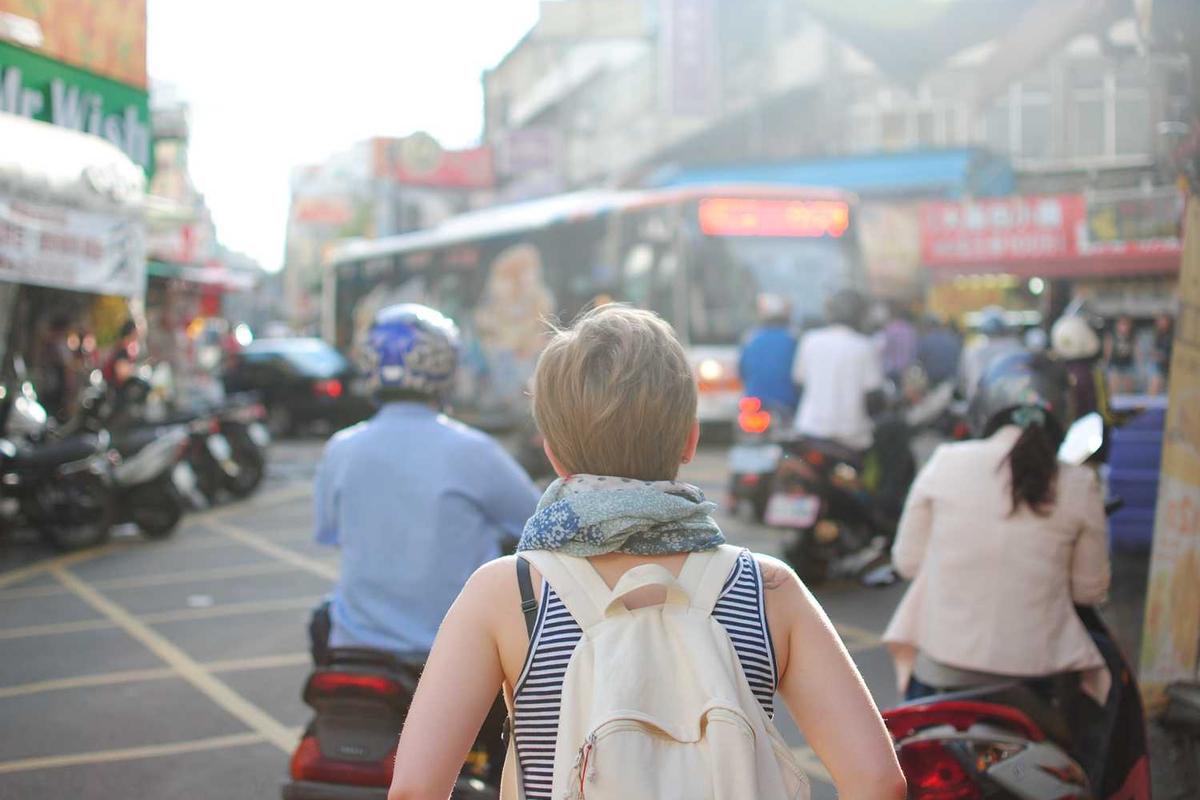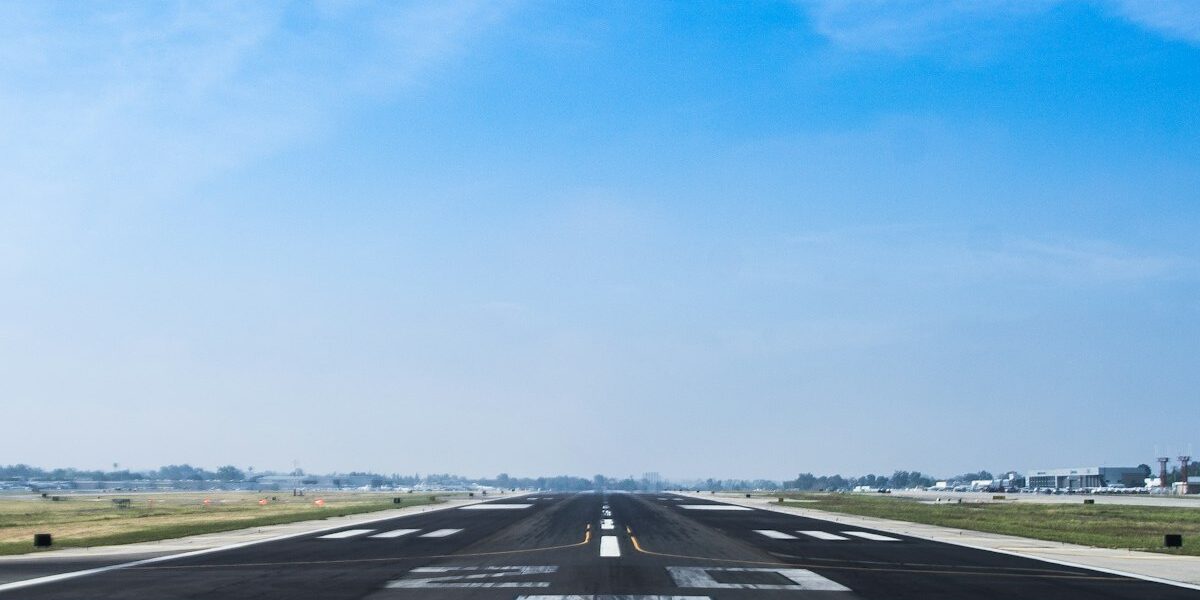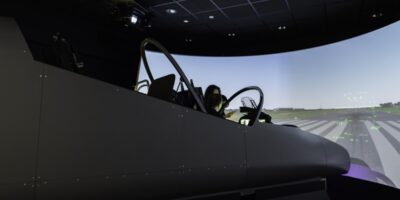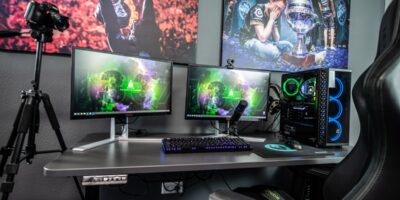Norse Berlin
Norse Berlin
Berlin is known for its unique blend of history, culture, and modernity. It’s a city that never seems to rest on its laurels. Delving into its lesser-known heritage, you’ll come across its intriguing Norse connections. This often-overlooked aspect of Berlin’s history weaves a fascinating tapestry of mythology, trade, and cultural exchange.

Historical Influence of Norse Culture in Berlin
The Norse influence in Berlin dates back to the Viking Age, between the 8th and 11th centuries. Vikings were not only raiders but also traders and settlers. They established trade routes and settlements throughout Europe, including along the rivers that flow into Berlin. The Spree and Havel rivers provided a natural pathway for Norse explorers, connecting the Baltic Sea to the heart of Germany.
Archaeological finds in and around Berlin provide evidence of these early connections. Norse artifacts such as coins, jewelry, and weaponry have been discovered, indicating active trade and interaction. These items reveal a network of exchange that included goods, technology, and cultural practices.
Mythology and Symbolism
Norse mythology left a lasting imprint on Germanic traditions and folklore. In old Germanic religion, several deities and myths overlap with Norse stories. Figures like Odin and Thor resonate in both traditions. Medieval literature in Germany often features characters and themes borrowed from Norse mythology, reflecting their deep cultural integration.
Symbols such as the Mjölnir (Thor’s hammer) and Yggdrasil (the World Tree) appear in various forms throughout Germanic art and literature. These symbols were absorbed and reinterpreted over centuries, blending Norse and Germanic elements into a shared cultural heritage.
Modern Traces of Norse Influence
Today, Norse heritage manifests in Berlin through museums, reenactments, and cultural events. The German Historical Museum often hosts exhibitions on Viking history, showcasing artifacts and providing insights into their way of life. These exhibitions highlight the interconnectedness of European history, emphasizing the Norse contributions to Berlin’s development.
Living history groups and reenactment communities further bring this history to life. These enthusiasts recreate Viking-era costumes, crafts, and daily activities. Public events and festivals provide an accessible way for Berliners and visitors to engage with this aspect of their cultural heritage.
Example Exhibit
- The Viking Exhibition at the German Historical Museum
- Interactive displays and authentic artifacts
- Workshops on Viking crafts and traditions
Furthermore, Norse influence persists in the linguistic landscape of Berlin. Place names and local dialects retain traces of old Norse vocabulary, carried through the centuries. This linguistic heritage is a subtle yet pervasive reminder of past interactions.
Norse-Inspired Art and Architecture
Architectural elements inspired by Norse designs can be found in Berlin’s historic buildings. Intricate wood carvings, dragon motifs, and rune-like inscriptions adorn various structures. These artistic choices reflect a fascination with Norse aesthetics, merging them with Germanic styles.
Modern Berlin also embraces Norse themes in contemporary art. Local artists draw upon Norse mythology and history for inspiration. Exhibitions and installations explore these themes, providing a modern interpretation of ancient stories and symbols.
Berlin’s Viking Markets and Festivals
Berlin hosts several Viking-themed markets and festivals throughout the year. These events celebrate Norse culture with traditional foods, crafts, and performances. They offer a unique opportunity to experience Viking heritage in a vibrant and dynamic setting.
- Annual Viking Market at Spandau Citadel
- Viking Festival in Köpenick
- Norse Mythology Week at various cultural centers
These festivals attract participants from across Europe, fostering a sense of community and shared history. They provide a platform for education and cultural exchange, breaking down barriers and highlighting commonalities among diverse traditions.
Educational Opportunities and Resources
Berlin’s universities and research institutions offer courses and resources on Norse history and culture. Scholars and students can delve into this fascinating subject through specialized programs and libraries. Public lectures and seminars often feature leading experts in the field, expanding public knowledge and appreciation.
For those interested in self-directed learning, Berlin’s public libraries and museums provide extensive collections. From ancient texts to modern interpretations, these resources cover a wide range of topics related to Norse culture.
Notable Institutions
- Free University of Berlin – Department of Scandinavian Studies
- Humboldt University of Berlin – Institute of Archaeology
- Berlin State Library – Nordic Literature and Manuscripts Collection
Engaging with these resources allows residents and visitors to deepen their understanding of the Norse legacy in Berlin. It fosters a sense of connection to the past and inspires new interpretations of historical narratives.
Norse-Germanic Paganism Revivals
In recent decades, there has been a revival of interest in Norse-Germanic paganism. Berlin’s spiritual and cultural landscape now includes groups dedicated to rekindling these ancient practices. These communities engage in rituals, celebrations, and educational activities, aiming to preserve and adapt their spiritual heritage.
This revival movement connects with broader trends in neo-paganism and nature-based spirituality. It emphasizes environmental stewardship, community building, and personal empowerment. Through these practices, participants seek to reconnect with the natural world and their ancestral roots.
Revival Groups and Events
- Ásatrú Community Berlin – Regular gatherings and seasonal festivals
- Pagan Federation Berlin – Workshops and public rituals
- Heathen Moots – Discussion groups and educational sessions
These groups provide an inclusive space for individuals of diverse backgrounds to explore Norse-Germanic spirituality. They contribute to Berlin’s rich tapestry of cultural and religious diversity, exemplifying the city’s openness and adaptability.
Cultural Integration and Modern Identities
The Norse legacy in Berlin is not just a relic of the past. It actively shapes modern identities and cultural expressions. Contemporary Berliners often engage with their Norse heritage in personal and creative ways. From genealogical research to artistic projects, they explore what it means to have Norse roots in a modern context.
Berlin’s multicultural environment facilitates this exploration. The city’s open-mindedness and support for cultural initiatives encourage residents to celebrate and reinterpret their heritage. This dynamic interplay of past and present fosters a vibrant and evolving cultural scene.
Overall, Norse Berlin is a fascinating subject that reveals a less-known side of the German capital. By exploring this historical and cultural connection, we gain a richer understanding of Berlin’s diverse heritage and its ability to integrate and adapt various influences over time.



